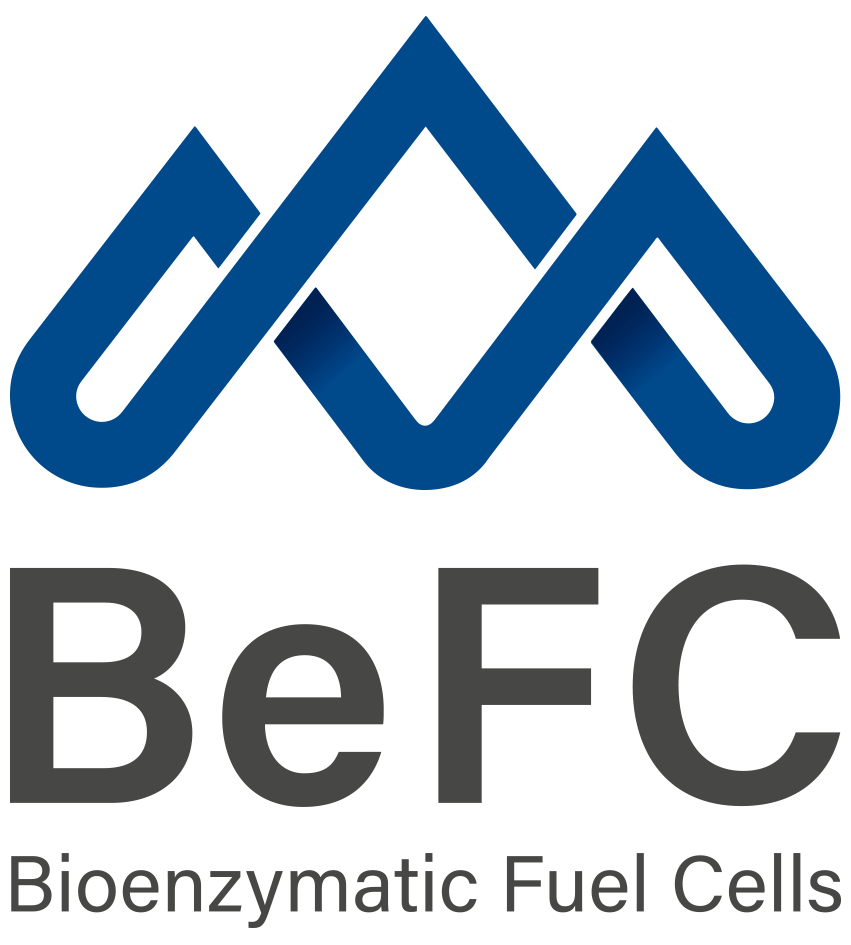Every year, more than 97% of miniature, single-use lithium batteries are sent to the dump. As a result, the connected objects industry urgently needs an eco-friendly solution. In response,
Bioenzymatic Fuel Cells (BeFC) was founded by a team of scientists in Grenoble. The startup offers a solution to replace low voltage batteries with batteries made from paper, enzymes and sugar!
This innovative solution relies on the conversion of glucose and oxygen by enzymes similar to those found in the human body. This process can be used to create several milliwatts of electricity per square centimeter. Once activated by several drops of liquid (water, blood, sweat…), the process lasts for several hours and the waste product left over is nothing more than a derivative of glucose that is also found in wine or honey.
With several patents to its name, this technology was initially developed at DCM and 3SR (CNRS, Grenoble INP, UGA), where the managing director of BeFC, Jean-Francis Bloch, worked as a researcher. The startup called upon his expertise in paper materials in order to develop its miniaturized solution that uses a paper base to support the enzymatic reaction. With 30 years of expertise in the field, Jean-Francis helped develop a thin, flexible, light-weight device that is free from metal, plastic and any toxic materials.
“
Our patented technology to store fuel in paper enables us to produce energy with any fluid that serves to activate the bioenzymatic cell. We also have another patent for a blister-like storage technique in which the user needs only press on the cell to activate it. This device is perfect for powering portable devices that require milliwatts of energy. For example: integrated sensors on single-use patches, pregnancy tests, alcohol tests, or glucose monitoring kits for diabetic patients,” explains Jean-Francis. Several companies that would like to reduce their environmental impact as well as their recycling/waste disposal costs have shown strong interest for this innovative solution.
3 million euros to launch industrialization

BeFC was created in May 2020 with the support of the SATT Linksium. In July 2020, it was rewarded by i-Lab, an innovation contest organized by the French Ministry of Higher Education, Research and Innovation in partnership with Bpifrance. In August 2020, the startup also won the i-Nov ADEME contest, and more recently, a prize as part of the “10,000 startups to change the world” contest, organized by La Tribune.
The startup also raised 3 million euros at the end of July thanks to the support of Demeter, BNP Paribas développement and Supernova Invest. The company plans to use the funds to launch its industrialization process with the goal of producing 80,000 units per day by 2022. The startup’s innovative device will first be aimed at sectors such as logistics (for package tracking), medical devices, and connected objects (IoT). With colossal perspectives in terms of potential markets, BeFC holds a promising future!




